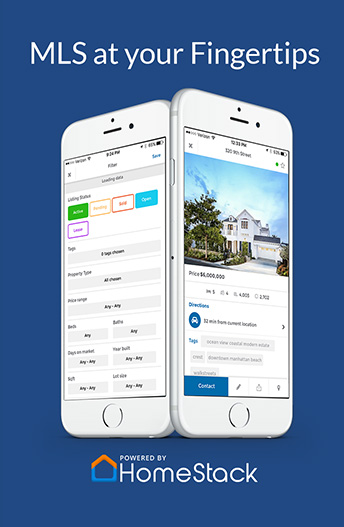As the seller of your home, you are bound to face a parade of taxes, commissions and other fees that could cost 4% to 7% of your sale price.
So how will you know how much money you will walk away with? Your REALTOR® will give you a worksheet itemizing all of the charges you are responsible for. The amounts vary by state, but most sellers will see several, if not all, of these common fees:
Commissions
Real estate agents work on commission. When you sell your home you will pay a commission—typically 6%—to your agent’s brokerage and the buyer’s agent’s brokerage. The agents are then paid from their brokerages.
Managing Your Mortgage
If you have a mortgage when you sell your home, you will face a few charges such as:
- Mortgage balance payoff: The cost of repaying your home loan, second mortgage and any home equity line of credit is deducted from the sale price of your home.
- Loan payoff fee: Some lenders charge an administrative fee when you pay off your mortgage or home equity line of credit.
- Prepayment penalty: If you have a prepayment penalty clause in your mortgage, you will have to pay a fee to pay off your loan when you sell your home.
Working With the Buyer
Depending on the real estate market in your area and your buyer, you may have to negotiate and cover certain costs for the buyer, such as:
- Closing cost concession: After you and the buyer agree on the final sale price, it isn’t uncommon for the buyer to ask for a closing cost concession to cover their closing costs. This fee—typically 3%—is added to the price of the house and then returned to the buyer after closing.
- Repairs: Depending on the condition of the house, the buyer or the lender may ask you to cover the cost of repairs before closing.
- Home warranty: Sometimes a seller will agree to foot the bill for a home warranty that offers a protection plan for the buyer’s first year in the home.
- Termite letter: A document stating your home is termite-free may be required in some areas.
Fees Paid at Closing
Once you have struck a deal with a buyer, you will have other fees to pay before you can finalize the sale. For example:
- Lien release document: If you owed money to a contractor, for court judgments, or for property taxes, a lien may have been placed on your property and you must pay that money before the sale can close.
- Recording fees: If you owe money on the property, you will need to pay this fee to show your debts have been fully paid.
- Notary fees: A fee charged by a notary to verify your identity and to make sure the documents are executed properly.
- Escrow fees: The escrow company acts as an intermediary between you and the buyer, ensuring the money is handled properly. Escrow agents receive money from the lender, pay off your mortgage and closing costs, collect deposits and give the proceeds to the lender. You may be able to split these costs with the buyer.
- Title search fees: Title companies search public records and give you a title insurance commitment. This document proves you have a legal right to sell your home.



